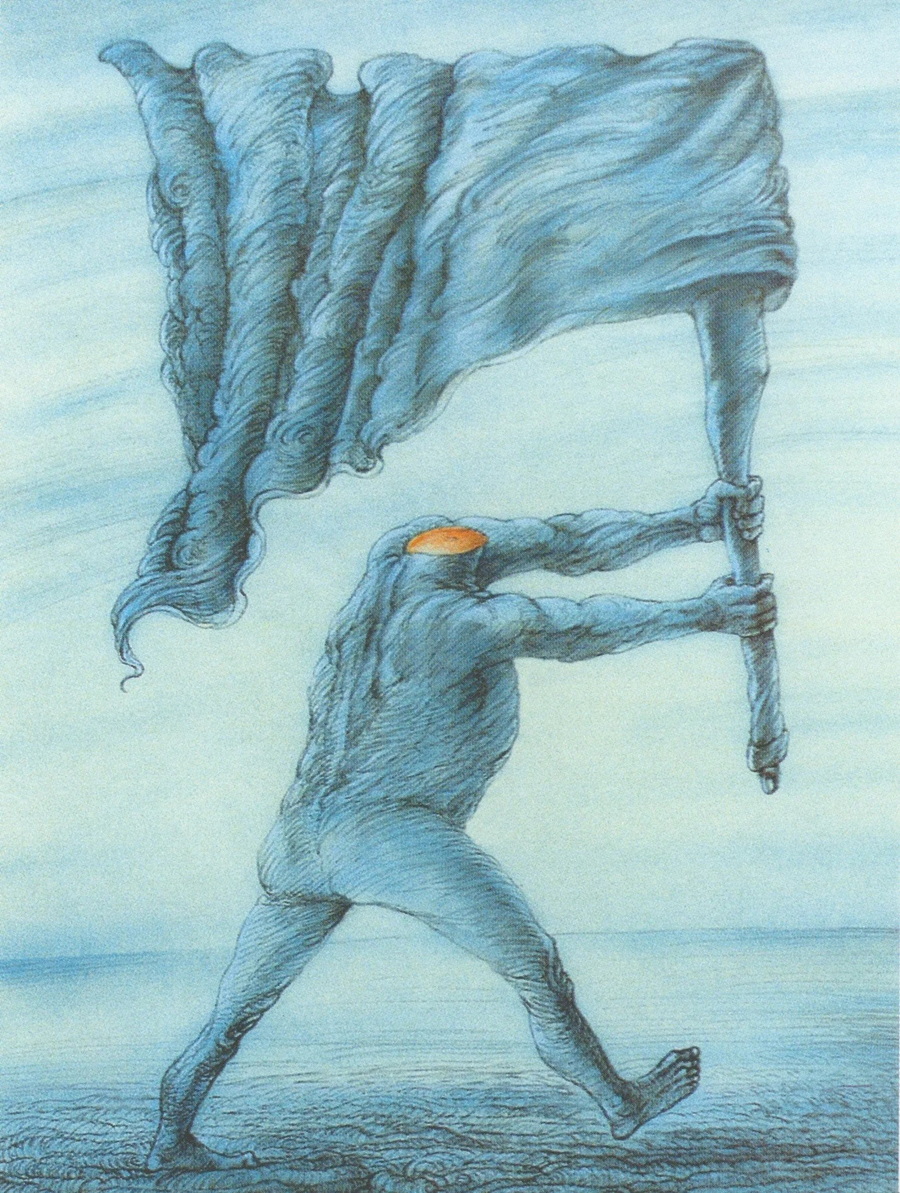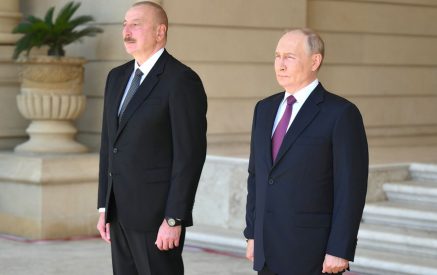English writer and philosopher G.K. Chesterton wrote that fanatics are not those who passionately defend their beliefs or challenge what contradicts them. A fanatic is someone who is incapable of seeing another’s belief as a belief, or another’s idea as an idea, whose potential flaws are merely a mental phenomenon. Instead, they assume that opponents must have been bribed or, at best, corrupted.
Perhaps 100 years ago this was called “fanaticism,” but today, I believe it would be more accurate to describe it as “social network thinking.” This mindset shares a key trait with fanaticism: the primary goal is to stir up the basest instincts of a particular group.
“Putin went to Baku to convince Aliyev to attack Armenia.” “The main goal of Putin’s visit to Baku was to prevent Aliyev from opening a corridor by force.” These are two different narratives that opposing camps believe in and present to their audiences, not so much to the public as to their own groups, seeking to ignite corresponding passions.
I think the reality is more complex than either of these groups imagines. But what’s more important here is the tendency to assume that those with opposing beliefs are either bought off, ignorant, or, so to speak, “brainwashed.”
Read also
None of those arguing and accusing each other knows the full truth. Even if they had eavesdropped on the conversation between Putin and Aliyev and decoded that recording, it still wouldn’t be the whole truth—politicians never say exactly what they think. But let’s be honest, both scenarios presented are possible. Are any of these assumptions grounds for hating each other?
…As for the subject itself, I will allow myself to express my conviction: this visit marks another stage in the deterioration of Armenian-Russian relations, for which our authorities are also responsible. But even that belief of mine is not the ultimate truth.
Aram Abrahamyan























































